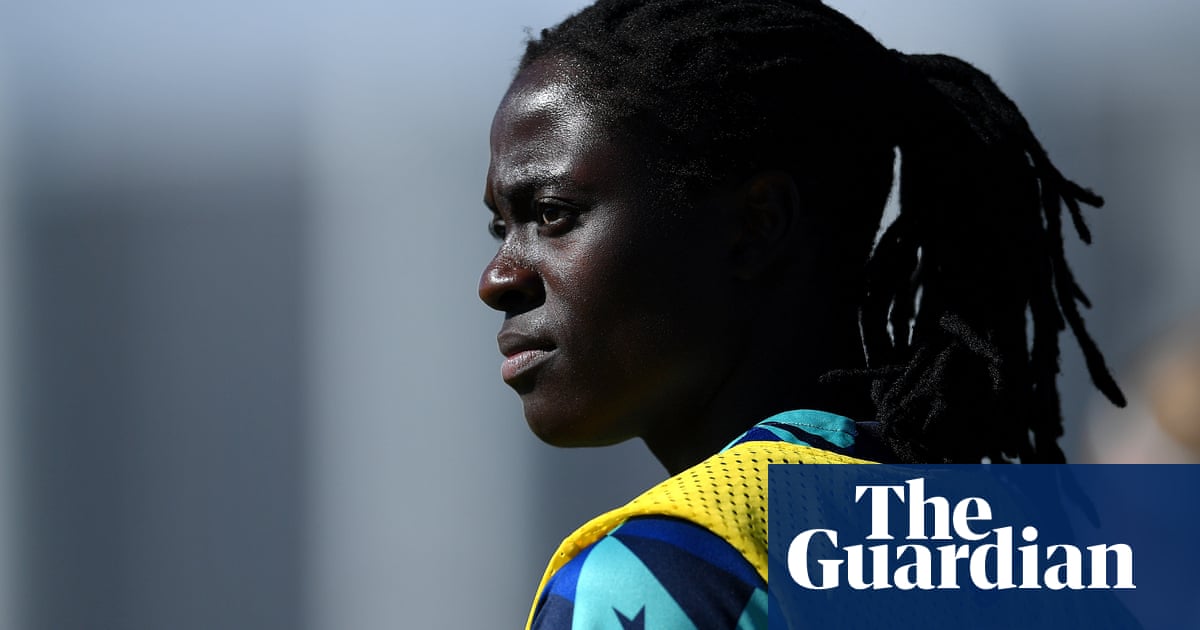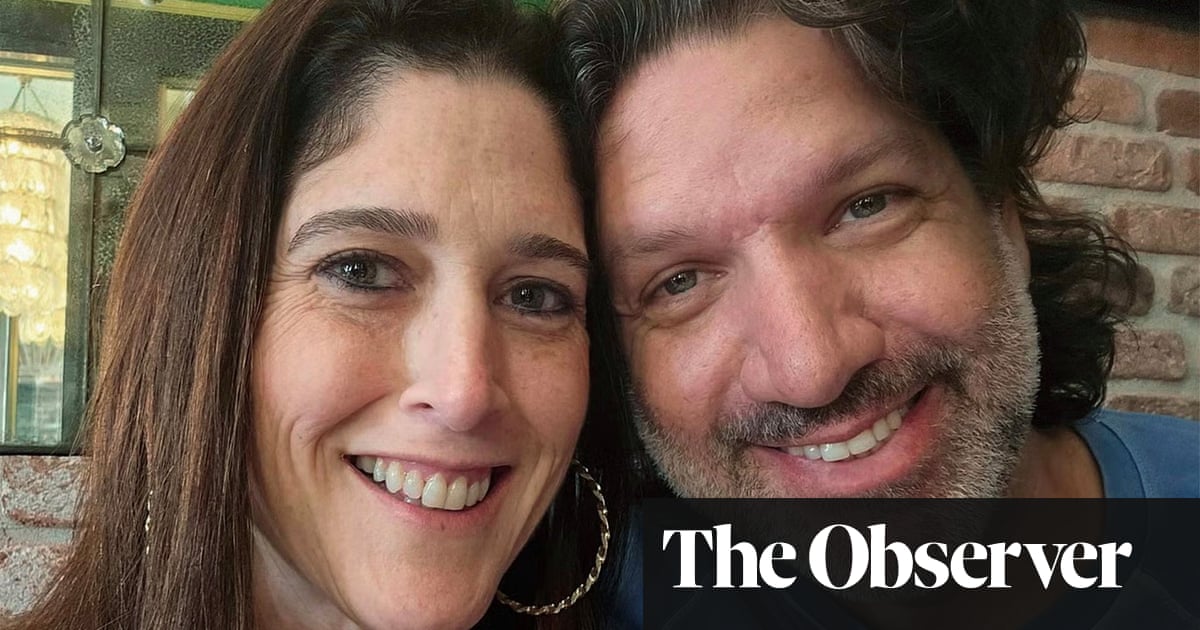
The World Cup in Australia and New Zealand had most of the sport’s top talent on display and it made for a wonderful tournament. One very noticeable absentee in July and August, however, was Tabitha Chawinga, the top scorer in last season’s Serie A Femminile with 23 goals for Internazionale and now with Paris Saint-Germain.
The 27-year-old, from Malawi, who did not qualify for the World Cup, is now busy reminding people of her talent and scored PSG’s only goal in a highly competitive Champions League qualifier draw against Manchester United last Tuesday. The second leg is in Paris on Wednesday night.
Chawinga, hoping to be decisive for the French side in the decisive leg, is unequivocal about her desire to replicate last season’s superlative form. “I feel happy to be a Paris Saint-Germain player,” she said upon joining the club. “It’s about scoring, assisting and helping the team to win. In football, you have wins, draws and losses, but for me, I came here for us to try our best, as a team, to win many games.”
However, Chawinga admits that not being able to play at the World Cup with the Scorchers, Malawi’s national team, left a void, despite her achievement in becoming the first African woman to top the Serie A scoring chart.
“It was not a good thing for me not to be there,” she tells the Guardian. “But I was happy to see the four teams that represented Africa … and I believe that one day I will be there.”
Chawinga had to be content with shuffling her feet in front of the television in China, where she was under contract with Wuhan Jianghan University, imagining the type of goals that she could have scored at the tournament, the ones her fellow strikers fluffed.
“I thought about that, in a lot of games I watched. Of course,” she says, laughing. “But many fans watching the games think like that too. I was wearing two hats – one of a player and one of a spectator.”
Chawinga is cheerful in conversation, belying some of the challenges she has had to overcome to become, arguably, Africa’s top footballer at the moment. “I come from a rural district in northern Malawi called Rumphi and started quite young, from the age of six to seven,” she says.
“I played mostly with boys. My parents did not support the idea that I wanted to play football. They wanted me to focus solely on school. In Malawi, and in most parts of Africa, parents believe that you have to go to school for you to do well … I was the one that took my little sister, Temwa [also a top player in China’s Super League], to go and play football. Whenever I came back home, I would face the harsh law of my parents.”
“They would whip me so badly. Of course, I didn’t give up. I told my parents that the day they stop beating me will be the day that I will stop playing football. They tried that to see if that would work and, of course, I continued playing football.”
It was while playing for DD Sunshine, a leading Malawian club based in Lilongwe, the capital, that she got the opportunity to go for a trial, in 2014, at the Swedish third division club Krokom/Dvärsätts IF.
“Krokom were not initially convinced about me and about a Malawian player being good enough … Mr Dube [the owner of DD Sunshine] paid for my flight to Sweden and told them that if they don’t sign me after the trials, they can send me back without having to pay anything … I passed the trials though and KD Krokom signed me.”
After a year at Krokom, Chawinga joined the second division club Kvarnsvedens IK, scoring an incredible 43 goals that earned her the Elitettan top scorer award and her club promotion to the Damallsvenskan, the top division.
In 2018, she moved to the Chinese side Jiangsu LFC, where she won the Chinese Women’s Super League’s Player of the Year award for two successive seasons, before joining Wuhan in 2021. From there she has been loaned to first Inter Women and now PSG.
“All the leagues I have played in have been interesting,” she says. “I have learned a thing or two from each one. But I must respect the first club that I played for, as that is where I learnt a lot of things that it took to be a professional.”
Despite being arguably the most consistent striker from Africa over the past eight years, winning the top scorer award in every country she has played her club football, the continent’s top individual award – the CAF Women’s Player of the Year – has so far eluded her.
Chawinga hopes the drought will end this year. “I don’t know why I haven’t won. Maybe it is because I am from Malawi and the fact that our national team has not played in major competitions but I think I deserve it.” [Disclosure: This writer, a selector for the 2019 CAF awards, voted for Chawinga]. With her phenomenal track record, even the most critical purist would struggle to disagree with that.
Talking points
Despite being sacked by Spain after the Luis Rubiales fallout, Jorge Vilda has quickly landed on his feet, taking charge of Morocco’s national team. Vilda is replacing the Frenchman Raynald Pedros, who took the north Africans to the last 16 at their maiden World Cup appearance in Australia. Morocco, runners-up at the 2022 Women Africa Cup of Nations (Wafcon) that they hosted, will be staging the tournament again next year.
Randy Waldrum, the American coach who took Nigeria’s Super Falcons to the last 16 at the World Cup, is yet to be given a contract extension by the Nigeria Football Federation (NFF) saying, after their penalty shootout defeat by England, that he would like to stay. A NFF official has told the Guardian that they want Waldrum to stay on but nothing has been signed yet. His contract runs out this month.
This is an extract of our free weekly women’s football email, Moving the Goalposts. To subscribe to the full edition just visit this page and follow the instructions.












